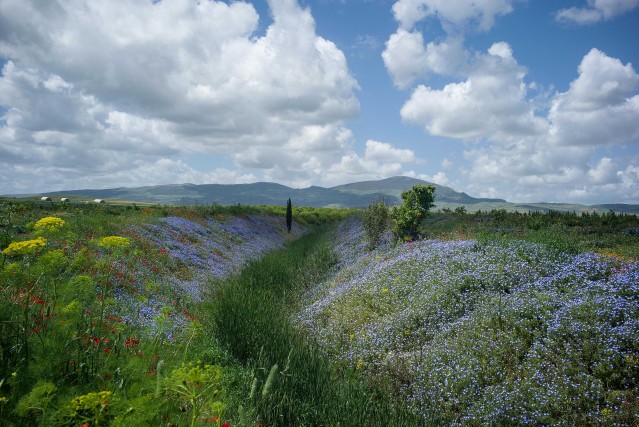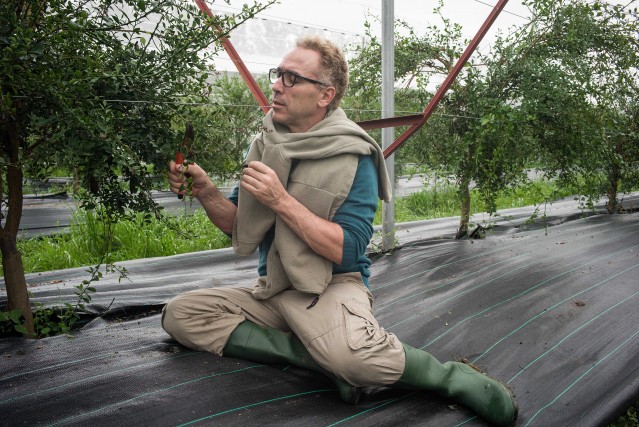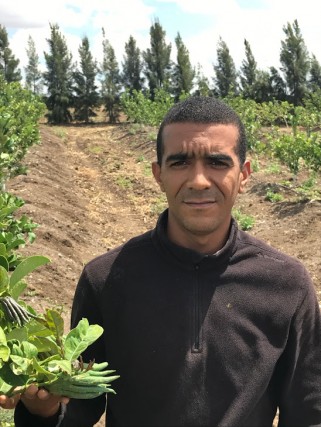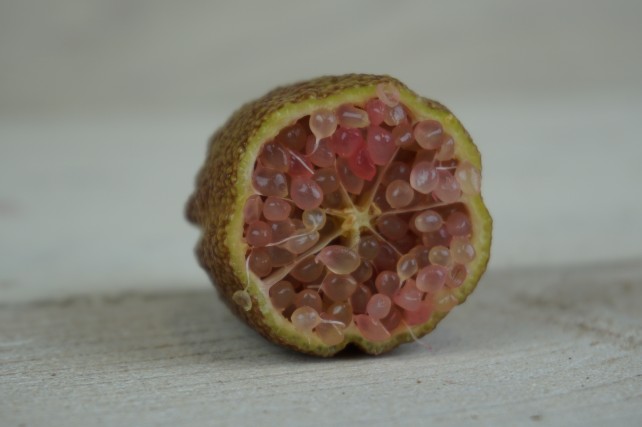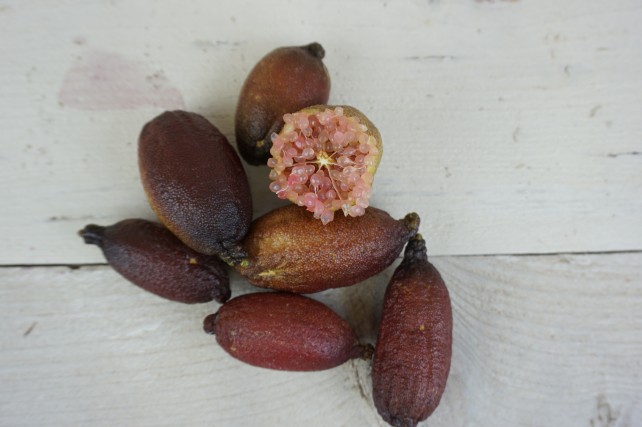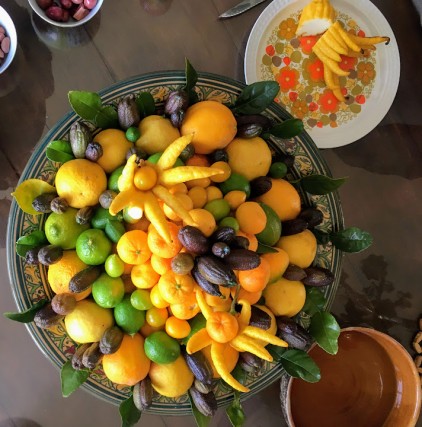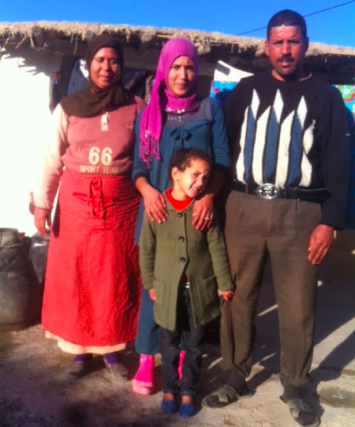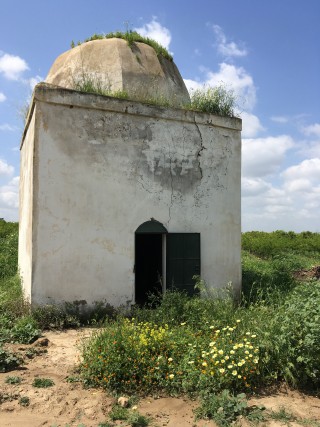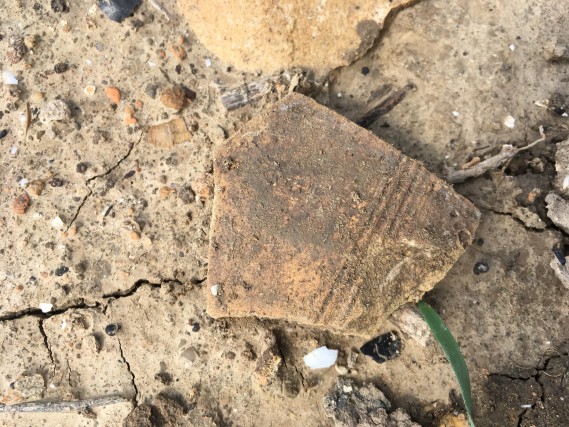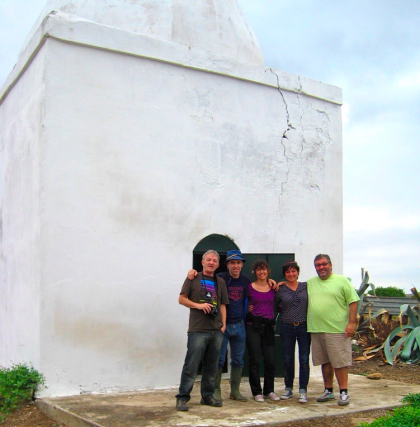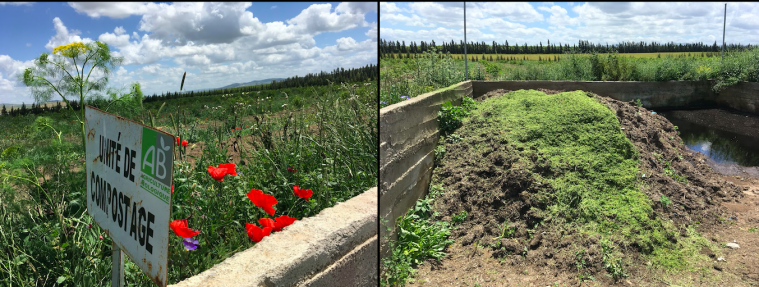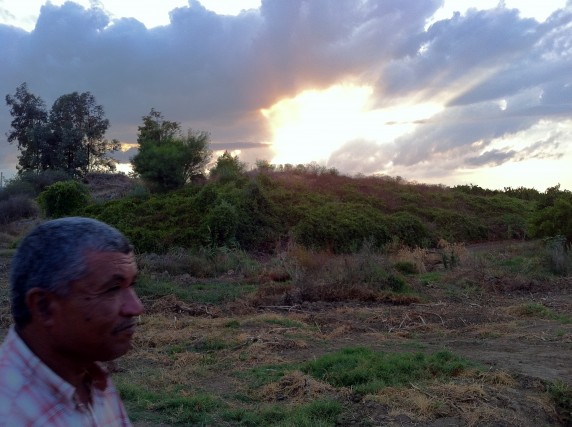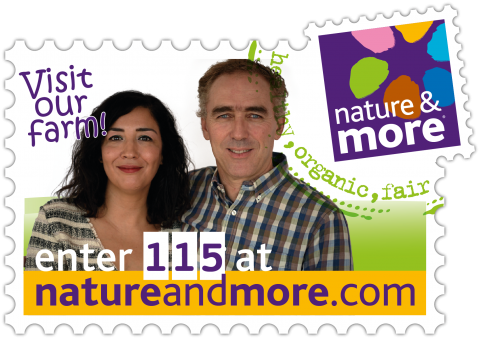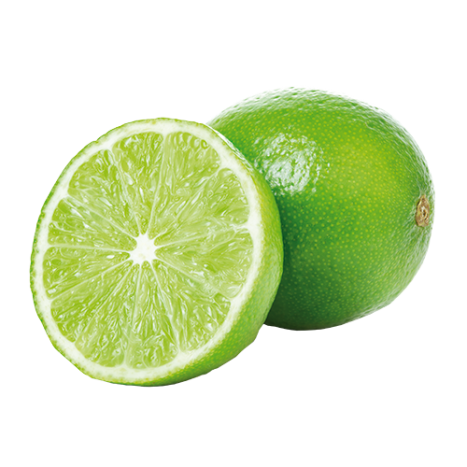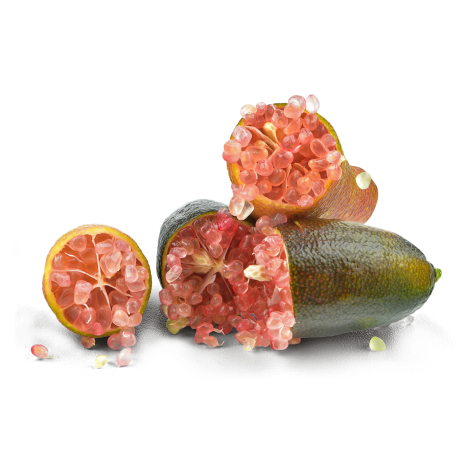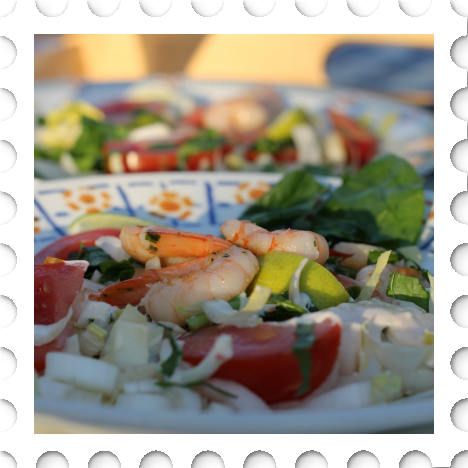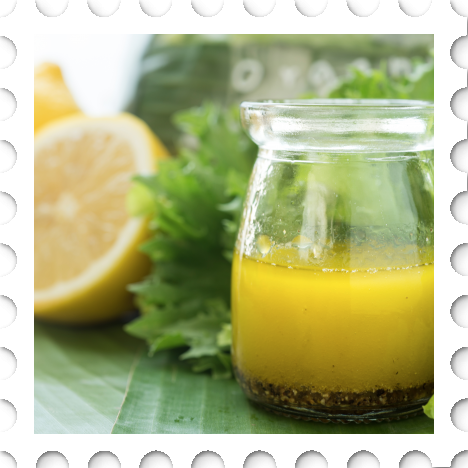‘Our family farm was established in 1950 when my great grandfather bought 500 hectares of land next to the river Sebou not far from the historic city of Fez where I was born 20 years later’, says Younes. ‘In 1986 my father, who was a surgeon, planted our current 82 hectares with orange trees. I am now responsible for the farm and started with certified organic production in 2015. Today about half our land is organically certified and by 2020 I expect that the whole area will be completely organic. Thanks to previous settlers in this area, our land is extremely rich in nutrients, for me I see it not only as a gift but also as a message from the past, asking us to protect this precious area for future generations.’

Younes and Rachida Tazi
‘Hi, we are Younes and Rachida and together with a great motivated team, we grow a wide range of amazing, exotic organic citrus fruits including Citrus Caviar, the Japanese Sudachi and Yuzu lemons, Kaffir limes, Buddha’s Hand, Wekiwa, Meyer lemons, Kumquat Meiwa, and much much more. Taste and smell them to discover the delights of diversity in citrus. Thank you for buying our fruits!’
Why did you start with organic agriculture?
Younes: ‘When we were working with artificial fertilizers we noticed problems with our trees so we had the soil analyzed. The tests showed that the soil was incredibly nutrient rich. Rich to an extent that we didn’t believe the results, so we redid the testing. The results continued to show an immensely rich soil, the fertilizers we were applying were simply too much for the trees. An ancient tomb, old pottery and antique instruments we found on site indicated the existence of a rich history on our land. Locals told us what they had learned from their forefathers: around 500 years ago there was a small village of shepherds with lots of cow and sheep who apparently pre-fertilized the soil for our citrus trees.
So what was the next step?
Younes: ‘When we learned about our rich soil, we understood that the switch to organic was a clear option and therefore we started looking for someone who could help us with combatting the pests in a natural way. In Abderahim Chakra we found the best person we could wish for. With his expertise, the nutrient rich soil, ample clean water from the Sebou river and the perfect citrus growing climate we were able to make a quite smooth transition into organic agriculture.'
Can you tell us something about citrus caviar ?
Rachida: ‘Citrus caviar, which is also called micro citrus or finger lime, is a very special citrus fruit. The colour of the skin can vary between dark green to brown red and each fruit contains shiny granules that look like pearls or caviar which have a fresh lime like flavour. What I love most is that the citrus caviar pearls burst in your mouth and deliver an immediate flavour blast.’
Where does the fruit come from?
Rachida: Citrus caviar originally comes from Australia where it was enjoyed by Aboriginals. Recently the fruit was rediscovered and several farmers have started cultivating this product on a larger scale. The fruit is particularly popular as a garnish for fish dishes, carpaccio, salads, or fabulous deserts.


